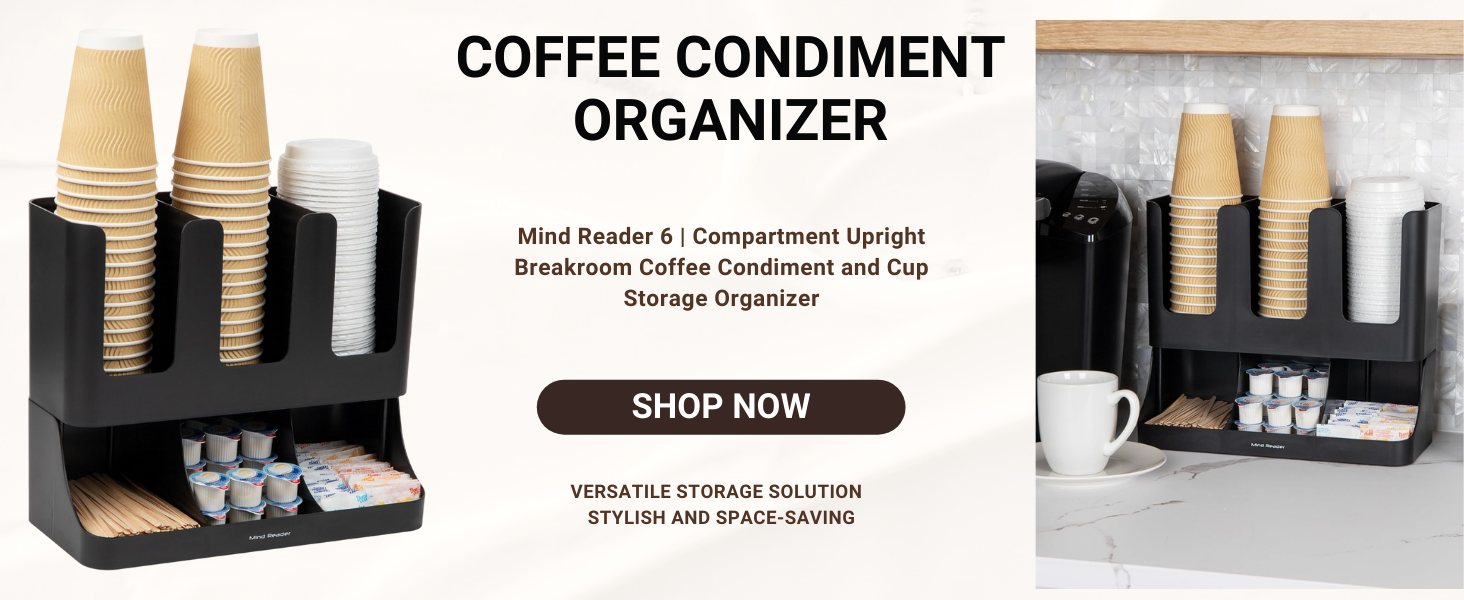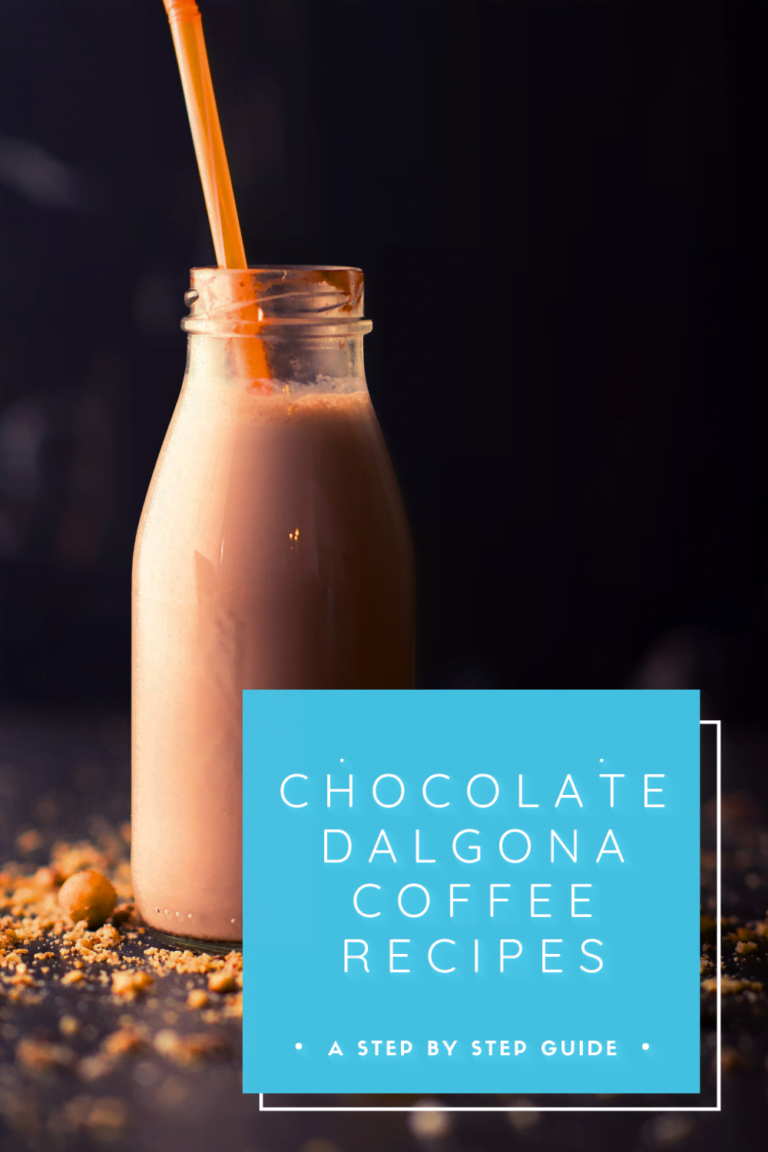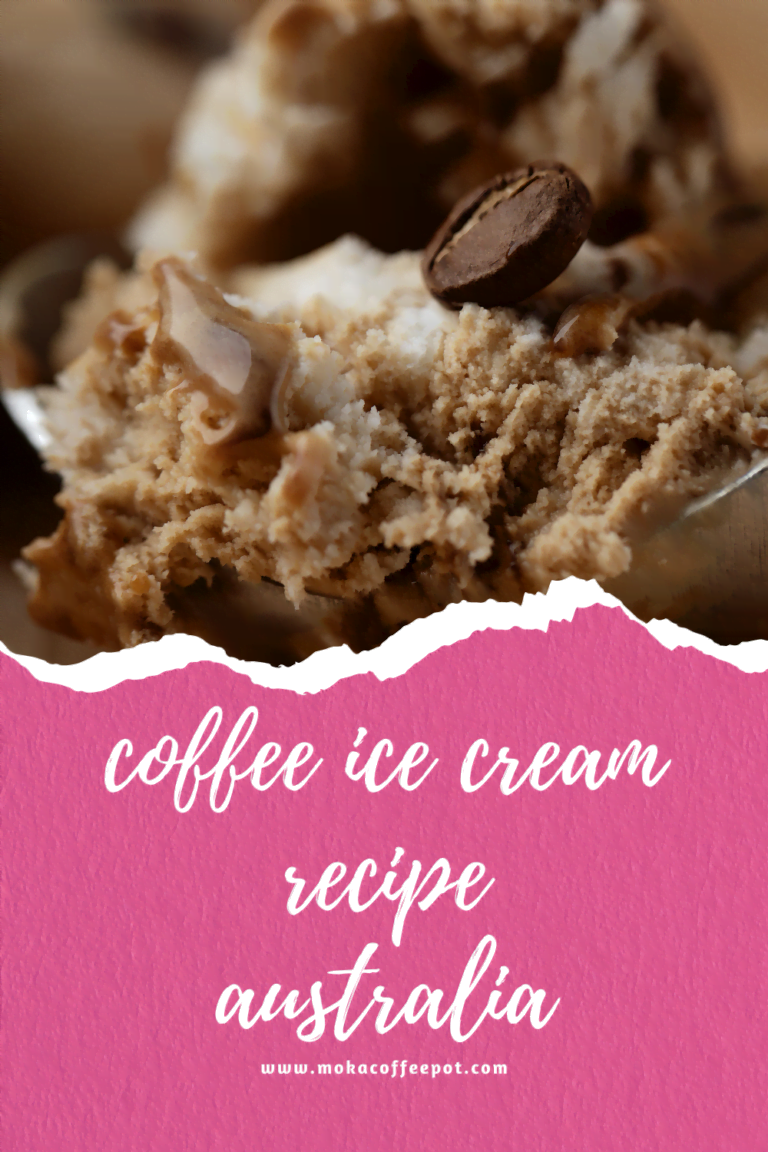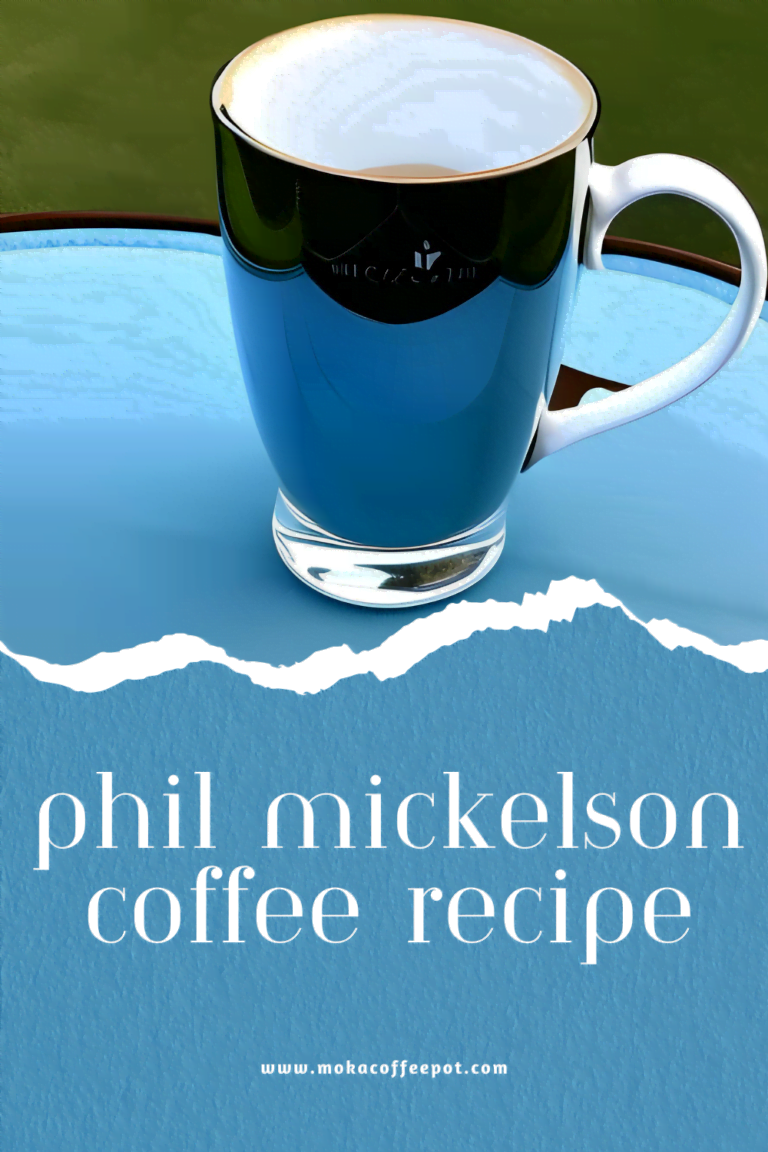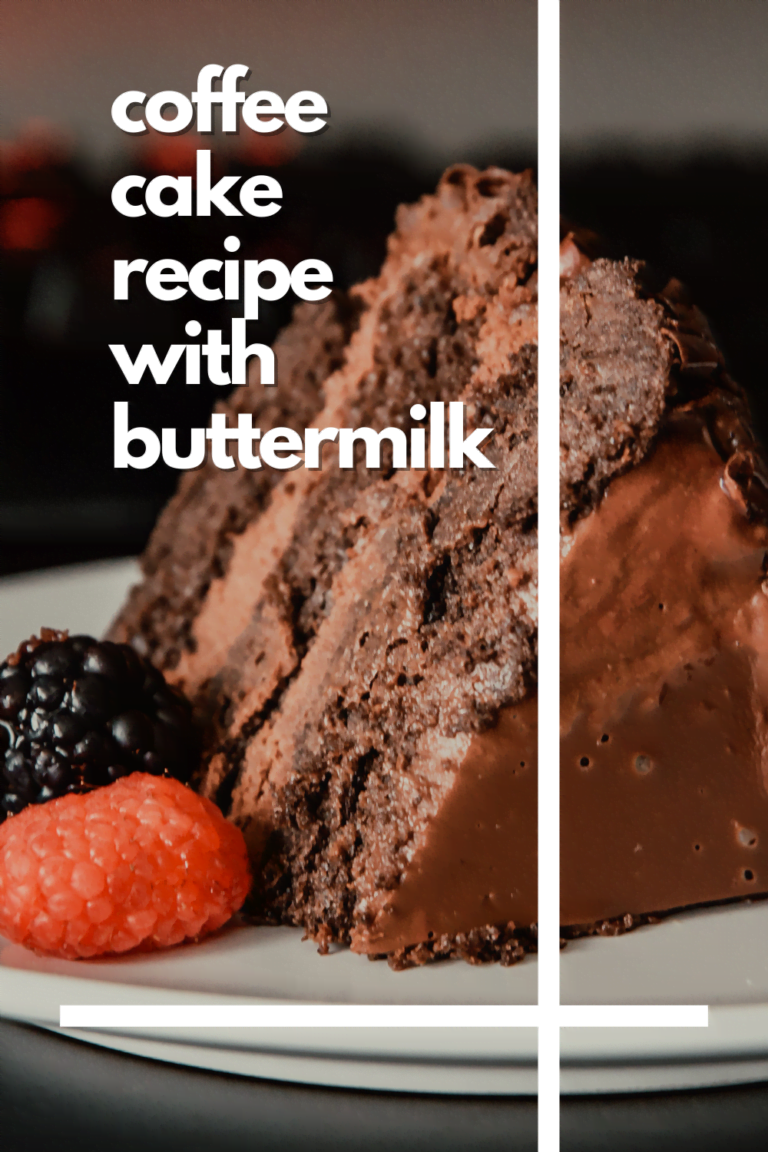Jamaican Blue Mountain Coffee is a world-renowned specialty coffee that is loved for its distinct aroma, mild flavor, and smooth texture. If you’re a coffee enthusiast or simply love trying new recipes, you’re in for a treat! In this article, we’ll explore a Jamaican Blue Mountain Coffee recipe that will tantalize your taste buds and transport you to the tropical island of Jamaica.
To start off, you’ll need high-quality Jamaican Blue Mountain Coffee beans that have been carefully roasted to perfection. The beans should have a rich, earthy aroma with subtle notes of chocolate and fruits. Once you have your coffee beans, you’ll need to grind them to the right consistency and brew them using a French press or drip coffee maker.
But what really sets this recipe apart is the addition of organic cane sugar and fresh cream. The cane sugar adds a hint of sweetness that complements the coffee’s natural flavors, while the cream adds a velvety smoothness that makes every sip a delight. For an extra touch of indulgence, you can top off your Jamaican Blue Mountain Coffee with a sprinkle of cinnamon or cocoa powder.
In conclusion, this Jamaican Blue Mountain Coffee recipe is a must-try for anyone who appreciates the finer things in life. With its rich, smooth flavors and exotic origins, this coffee is sure to leave a lasting impression on your taste buds. So go ahead, brew yourself a cup and savor the taste of Jamaica in every sip!
Choosing the Perfect Roast for Your Jamaican Blue Mountain Coffee
When preparing your Jamaican Blue Mountain Coffee recipe, the roast of your coffee beans can make all the difference in taste. Typically, Jamaican Blue Mountain Coffee is medium roasted to preserve its natural flavors and aromas. However, some coffee enthusiasts prefer a darker roast for a richer and bolder flavor profile. It’s important to note that a darker roast can also mask some of the delicate flavors and nuances of the coffee beans, so it’s essential to find the right balance. Ultimately, the perfect roast for your Jamaican Blue Mountain Coffee recipe depends on your personal preferences and taste.
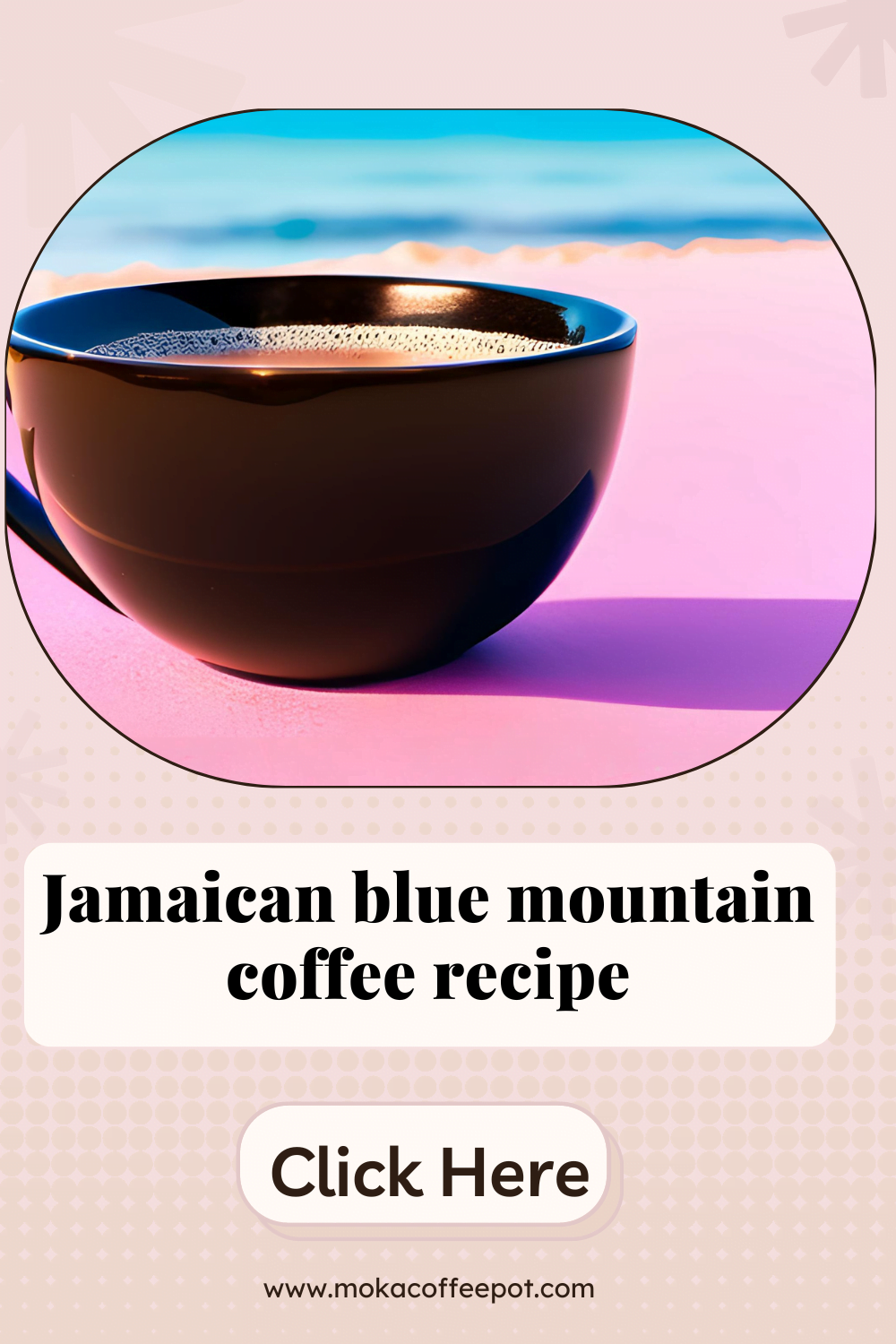
Jamaican blue mountain coffee recipe
Equipment
- 1 Coffee grinder
- 1 French press or drip coffee maker
- 1 Measuring Spoons
Ingredients
- 4 cups hot water
- 1/2 cup Jamaican Blue Mountain Coffee beans (ground)
- 4 teaspoons organic cane sugar
- 1/4 cup fresh cream
Instructions
- Grind the Jamaican Blue Mountain Coffee beans to a medium consistency.
- Heat 4 cups of water to 195-205°F (90-96°C).
- Add the ground coffee to a French press or drip coffee maker.
- Pour the hot water over the coffee and let it steep for 4 minutes.
- Press down the plunger of the French press or remove the coffee filter from the drip coffee maker.
- Pour the coffee into 4 cups.
- Add 1 teaspoon of organic cane sugar and 1 tablespoon of fresh cream to each cup.
- Stir well and enjoy!
Notes
The Importance of Water Quality in Brewing Jamaican Blue Mountain Coffee
Water quality plays a crucial role in the brewing process of your Jamaican Blue Mountain Coffee recipe. Using tap water that is high in chlorine or minerals can affect the taste and aroma of your coffee. To ensure the best quality, consider using filtered water or bottled water for your coffee brewing. It’s also essential to ensure that the water is at the right temperature. Ideally, the water should be between 195-205°F (90-96°C) for optimal extraction of the coffee flavors. Additionally, avoid using soft water, as it lacks the minerals needed for a balanced flavor profile. With the right water quality, you’ll be able to fully appreciate the natural flavors and aromas of your Jamaican Blue Mountain Coffee.
FAQ
Jamaican Blue Mountain Coffee is a premium coffee grown in the Blue Mountains of Jamaica. It is known for its mild flavor, lack of bitterness, and complex aroma. Unlike other types of coffee, Jamaican Blue Mountain Coffee is grown in a specific region and subject to strict regulations to ensure its quality.
While this recipe is specifically designed to showcase the unique flavor profile of Jamaican Blue Mountain Coffee, you can still use other high-quality coffee beans. However, keep in mind that the taste may differ from the original recipe.
Jamaican Blue Mountain Coffee beans should be stored in an airtight container in a cool and dry place, away from direct sunlight. Avoid storing the beans in the fridge or freezer as this can alter the flavor and aroma of the coffee.
Yes, you can use a different type of sweetener such as honey or maple syrup. However, keep in mind that this may alter the taste of the coffee.
Yes, Jamaican Blue Mountain Coffee is an ethical choice of coffee as it is grown in a sustainable manner and subject to fair trade regulations. However, it is always recommended to research the coffee beans’ sourcing and production methods before purchasing.

